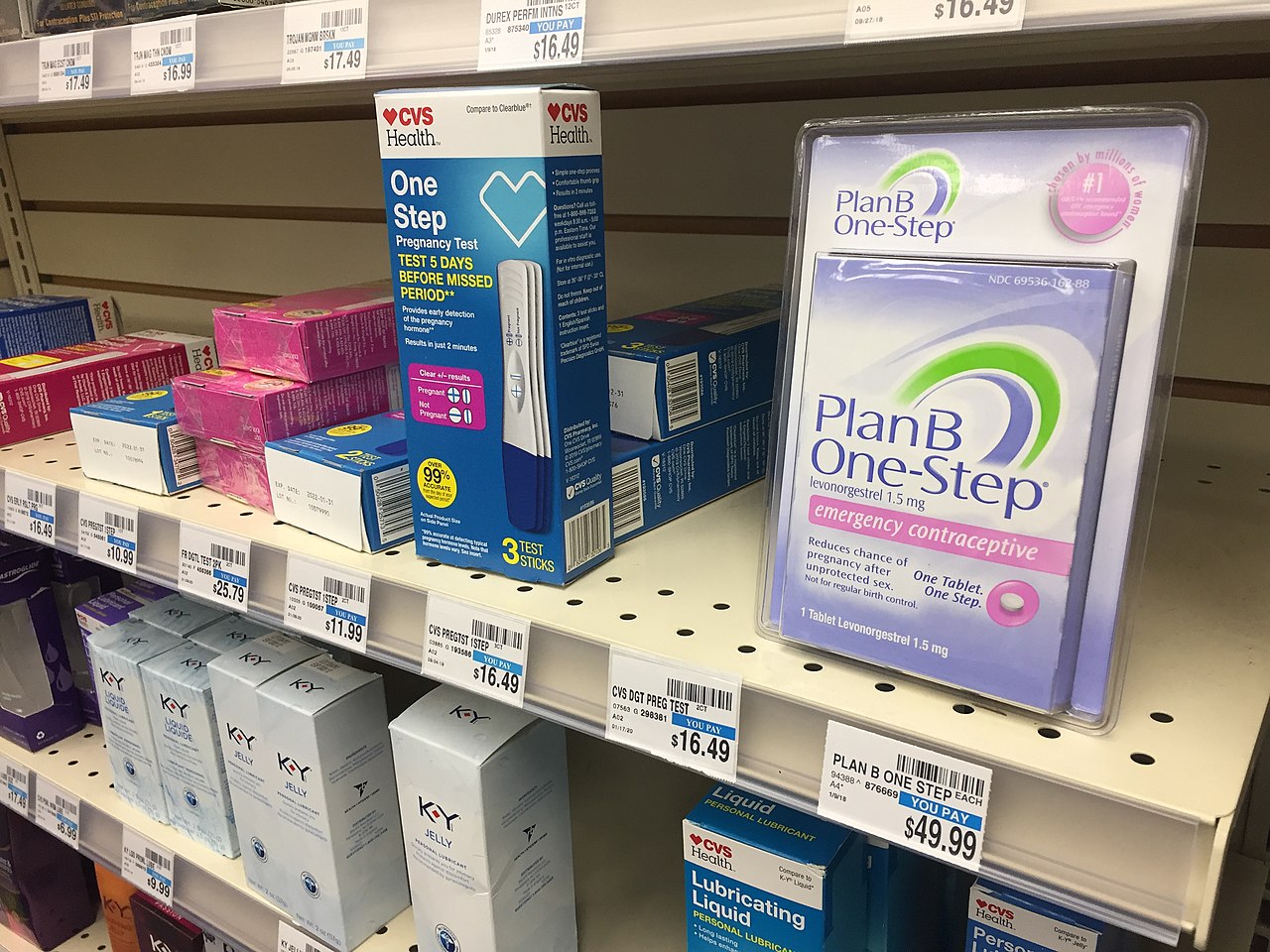The US Food and Drug Administration (FDA) Thursday announced it will change label information on emergency contraceptive Plan B One Step to accurately reflect that the drug is not an abortifacient. Based on updated clinical data, the FDA determined:
Plan B One-Step will not work if a person is already pregnant, meaning it will not affect an existing pregnancy. Plan B One-Step prevents pregnancy by acting on ovulation, which occurs well before implantation. Evidence does not support that the drug affects implantation or maintenance of a pregnancy after implantation, therefore it does not terminate a pregnancy.
Plan B One-Step is the only emergency contraceptive approved by the FDA for over-the- counter sale. Emergency contraceptives are entirely separate from drugs used in a medication abortion like mifepristone and misoprostol.
Despite the FDA’s approval, many states restrict access to emergency contraceptives. According to the Guttmacher Institute, six states allow pharmacists to refuse to sell Plan B, and three allow entire pharmacies to refuse. Oklahoma passed a law requiring a prescription for patients 16 and younger to obtain the medication, but the law is permanently enjoined. Arkanas, North Carolina and Texas restrict funding for Plan B under federal and state healthcare.


